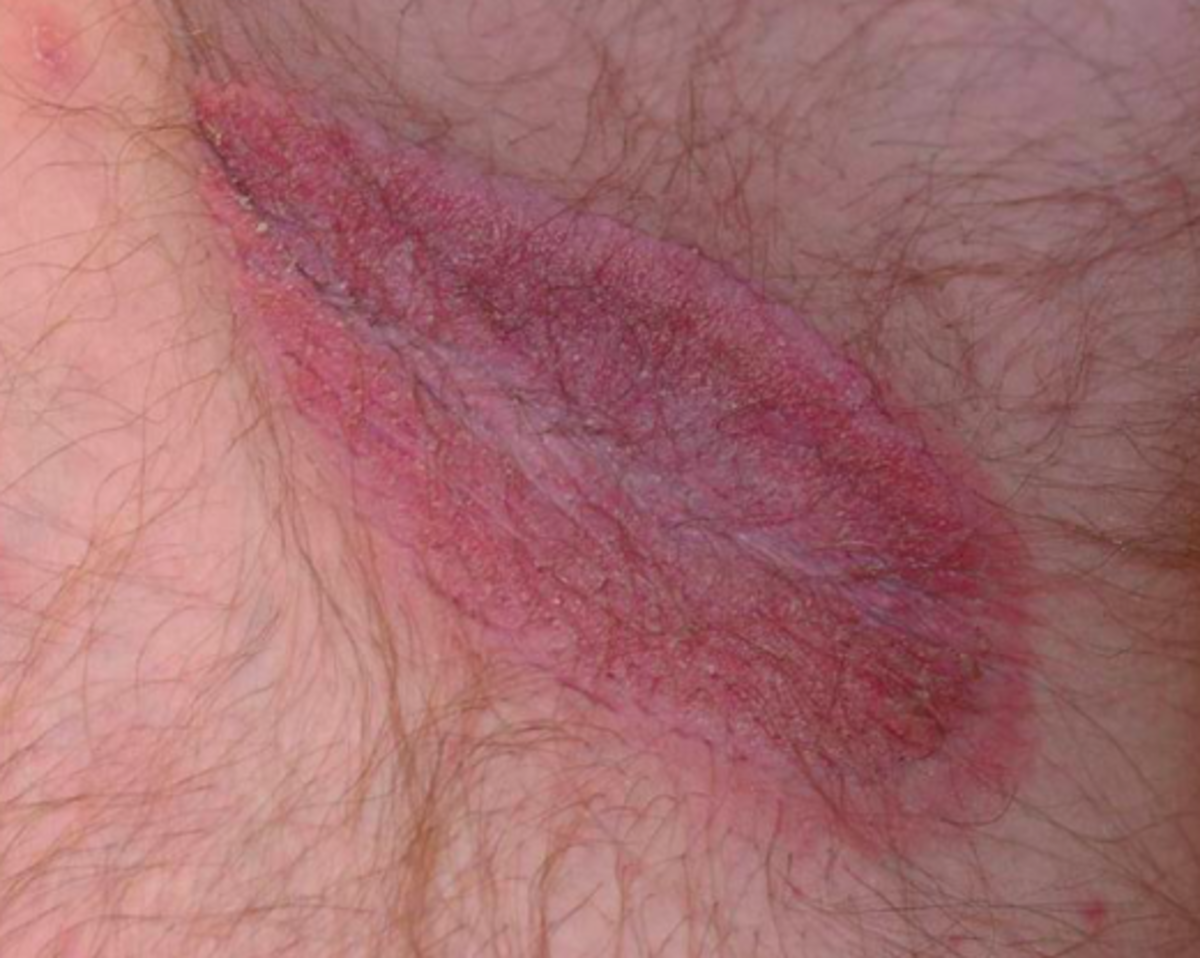

Our guide to sex with herpes goes through the nitty-gritty of how HSV-1 and HSV-2 are transmitted, and what you can do to prevent it. fungal transmission of jock itch can happen in severe cases, but not generally.

Many people are infected with HSV-1 or HSV-2 but have no outbreaks, meaning the virus doesn’t lead to any genital herpes lesions.Īnother important thing to point out is that herpes is highly contagious, whereas most instances of jock itch are not. It’s also not a virus that affects everyone equally. In severe cases, herpes outbreaks can even cause penile or vaginal discharge, as well as a list of secondary physical effects ranging from muscle pains (particularly in the abdomen) to fever, headache and painful urination. In short, while jock itch is an annoyance, a herpes outbreak can be downright unpleasant. They often produce a consistent itching, burning sensation. Unlike jock itch, which is usually itchy but rarely painful, herpes lesions can sometimes be very uncomfortable and painful. Herpes lesions can also develop on the buttocks, thighs and around the anus-the same areas that are often affected by fungal infections like jock itch. In women, herpes lesions usually form on the vulva, around the clitoris and on the mons pubis. In men, herpes lesions usually form on the shaft and glans of the penis.
#Jock itch rash skin
Instead, genital herpes manifests as small skin lesions on the genitals. It also doesn’t form the same circular pattern that jock itch does. Genital herpes typically doesn’t cause large patches of skin to become inflamed or red. The signs of genital herpes are quite different from those of jock itch. The infection rate for genital herpes is very high- around 12% worldwide-making it by far one of the most common sexually transmitted diseases. Instead, genital herpes is always caused by infection with either the HSV-1 or HSV-2 virus. You aren’t any more likely to get herpes by not showering immediately after you exercise or through underwear that’s overly tight or non permeable. First, it’s unrelated to moisture or cleanliness. Jock itch symptoms may be similar in some cases to those of genital herpes, but there differences are very apparent. Most cases of genital herpes are the result of infection with the HSV-2 type of the virus, although genital HSV-1 is possible and is becoming increasingly commonplace. Instead, herpes sores are the result of a viral infection. Unlike jock itch, genital herpes isn’t the result of a fungus. herpes-both genital and oral-it's very easy to tell the difference. Shop herpes treatment start consultation Jock Itch vs. Luckily, jock itch heals quickly and rarely leaves lasting scars, provided you act quickly and use a jock itch cream like Lamisil or an oral antifungal. While jock itch isn’t as contagious as herpes, it can still spread from one person to another via sexual activity and sharing towels or clothing, making it best to avoid potentially risky contact with other people if you’re affected. Most of the time, jock itch is quickly and effectively treated using an antifungal ointment or oral medication. The best ways to prevent jock itch are to clean yourself as soon as possible after exercise and avoid wearing underwear that restricts moisture permeability and air flow. Since jock itch is caused by fungus getting into the moist fold between your groin and genitals, it’s often the result of another fungal infection (such as athlete’s foot) spreading. Jock itch usually doesn’t affect the genitals directly-a key difference between it and genital herpes. Most people notice a red or tan skin color developing, after which the skin begins to itch and flake. As its name implies, jock itch can cause your skin to itch. Jock itch symptoms are pretty simple to identify. Severe cases of jock itch can cause blisters to form, a key reason it’s often confused with herpes. It can also spread around the groin and onto the buttocks. Normally, jock itch affects the area around the groin and genitals. Jock itch usually occurs in men (although it also happens in women, just less frequently), and usually causes red, flaky and itchy skin to develop. Most cases of jock itch are caused by dermatophytes, a type of skin fungus, developing in the moist, warm environment of the groin. It’s a very common skin condition that’s known by a huge number of nicknames, from “crotch rot” to “gym itch" and numerous others. Jock itch is a common name for a fungal skin infection called tinea cruris.


 0 kommentar(er)
0 kommentar(er)
